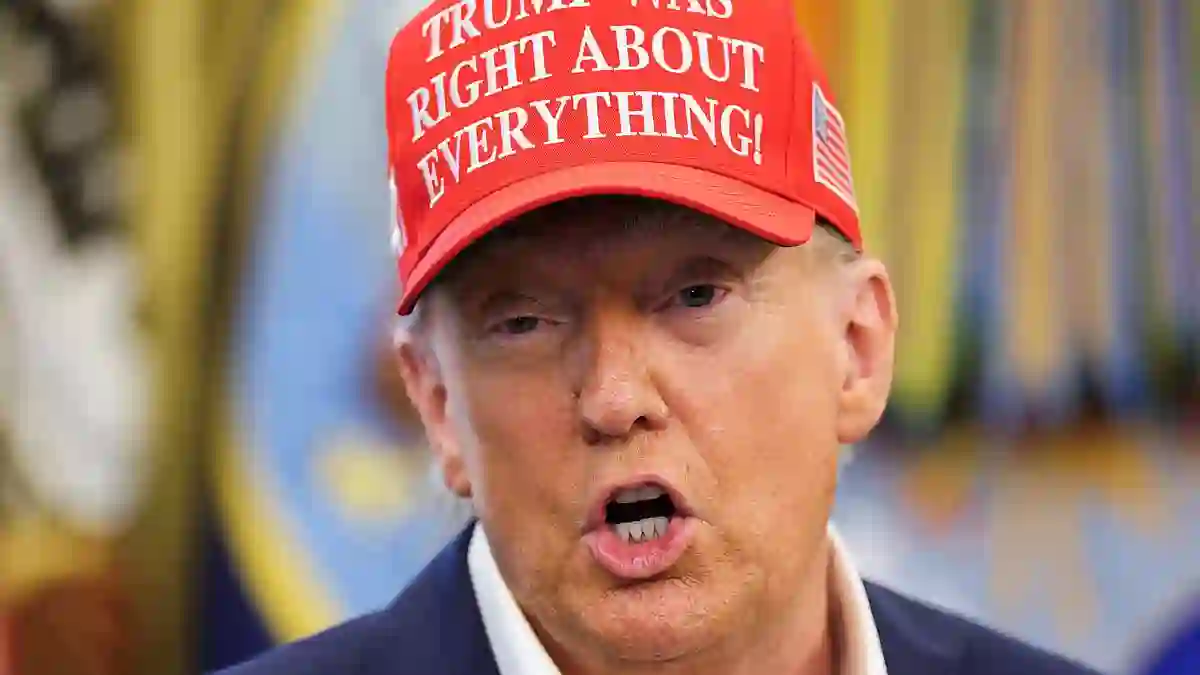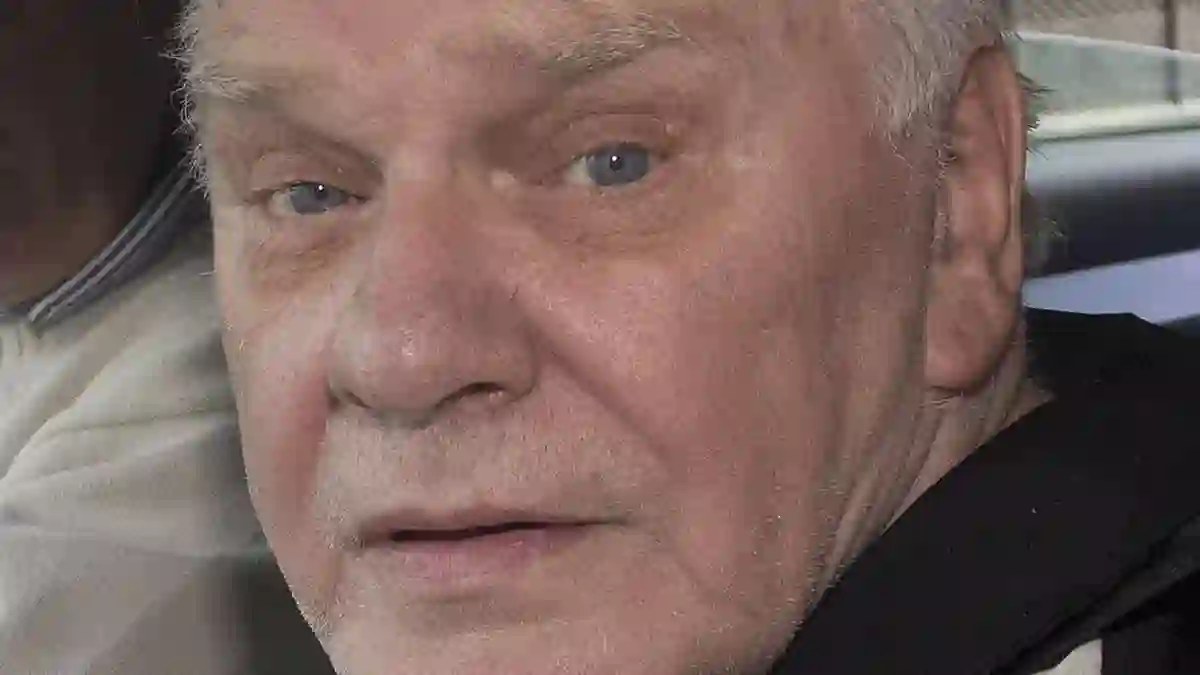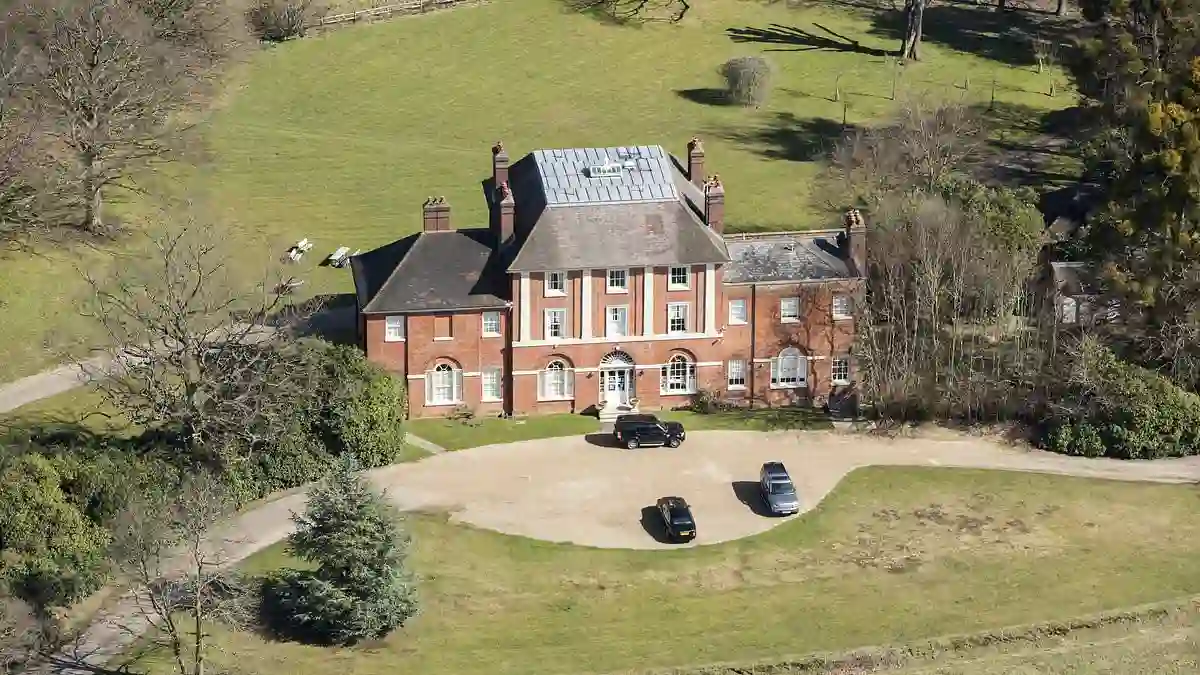The Trump administration is reportedly weighing a high-profile military presence in Chicago, potentially sending thousands of National Guard troops to the city in a move reminiscent of federal interventions in other major urban areas.
Officials suggest the plan could unfold as soon as September, reflecting the president’s ongoing focus on combating crime in Democratic-led cities.
President Compares Chicago to D.C. Intervention
On Friday, Trump told reporters at the White House that Chicago could see a federal response similar to Washington, D.C., where 2,000 troops have been deployed to patrol the streets.
“I think Chicago will be our next,” Trump said, calling the city a “mess” and claiming residents were “screaming for us to come.”
Sources told The Washington Post that the operation may also involve increased efforts from Immigration and Customs Enforcement (ICE) to deport undocumented migrants, echoing prior federal interventions in California, where thousands of National Guard members and active-duty Marines were sent to Los Angeles following anti-ICE protests.
Pentagon Remains Tight-Lipped
The Pentagon has not confirmed any deployment and emphasized that it “won’t speculate on further operations.”
A spokesperson explained that the Department continuously collaborates with other agencies to plan for the protection of federal assets and personnel.
The Daily Mail reached out to the White House and the National Guard for additional comment.
Chicago Officials Push Back
Mayor Brandon Johnson said his office has received no formal notice from the federal government and warned that deploying National Guard troops without coordination could escalate tensions.
He called Trump’s plan “uncoordinated, uncalled for, and unsound.”
Illinois Governor JB Pritzker also rejected the idea, accusing the president of “manufacturing a crisis” and stressing that no emergency exists to justify federalizing the National Guard or deploying active-duty military within the state.
“The safety of the people of Illinois is always my top priority,” Pritzker said.
“We will continue to follow the law, stand up for the sovereignty of our state, and protect the people of Illinois.”
Trump Signals Broader Plans for Federal Intervention
Despite the pushback, Trump has indicated that his approach could expand to other major cities, including New York.
Speaking at a World Cup event, he criticized Chicago’s Democratic leadership, calling the mayor “grossly incompetent” and claiming residents want federal assistance.
“Chicago is a mess. We’ll straighten that one out probably next, and it won’t even be tough,” Trump said, standing alongside Vice President J.D. Vance.
The president also claimed that African-American residents were asking him to intervene, a statement that contrasts with polling data.
Background on Federal Interventions
Trump’s federal actions are not unprecedented. On August 11, he federalized Washington, D.C.’s Metropolitan Police Department under the Home Rule Act, which allows limited federal control in the district.
Troops were sent to D.C. following a high-profile assault outside a popular area on 14th Street, demonstrating the administration’s willingness to use National Guard forces in crime hotspots.
If implemented, a Chicago deployment would mark a significant escalation, highlighting the ongoing tension between federal authority and city-level governance in major Democratic strongholds.



